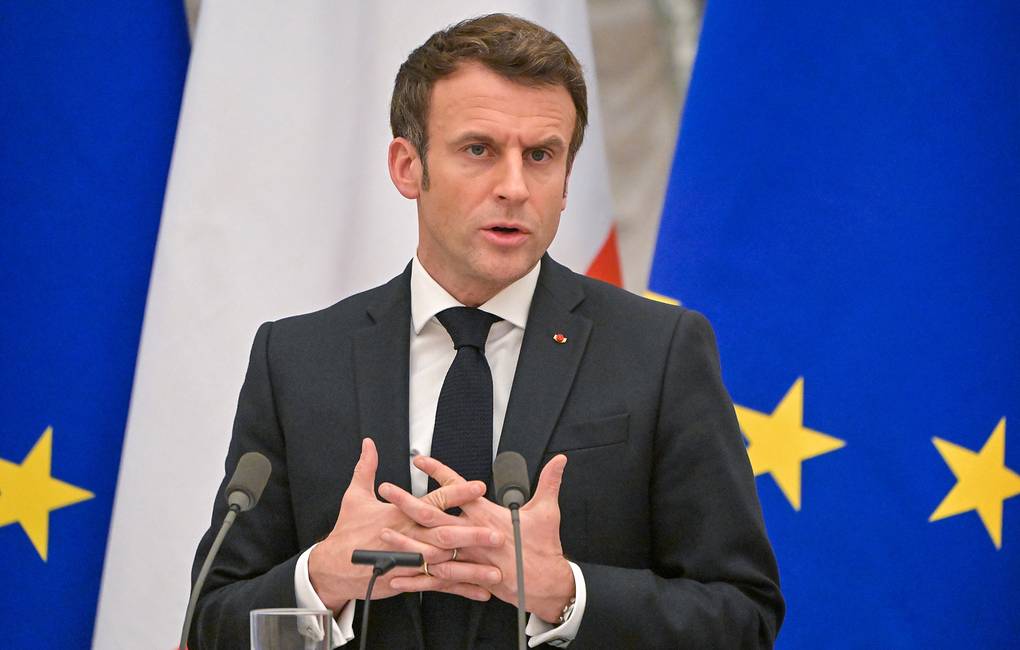In a candid statement following the European Union summit in Brussels, French President Emmanuel Macron underscored Ukraine’s formidable challenge in establishing an air defense network akin to Israel’s.
Macron emphasized that Israel’s robust system has been meticulously developed and fortified over decades, rendering emulation an unrealistic prospect for Ukraine.
“Israel has dedicated substantial resources and time to fortify its air defense infrastructure, making it a model of resilience,” President Macron remarked to reporters, illuminating the complexities of replicating such a system to meet Ukraine’s specific security imperatives.
Macron’s remarks came amidst Ukrainian President Volodymyr Zelensky’s lamentation on April 15, where he voiced frustration over the disparity in support between his nation and Israel from Western allies despite both nations falling outside the purview of NATO membership.
The backdrop against which Macron’s statements unfolded was a recent escalation in tensions between Israel and Iran.
On April 13, Iran launched a barrage of drones and missiles toward Israel, citing retaliatory measures for alleged provocations, notably the attack on the Iranian Embassy’s consular office in Damascus, which Tehran attributed to Israel.
Despite Iran’s aggression, the Israel Defense Forces (IDF) reported a staggering interception rate of 99% against nearly 350 projectiles, showcasing the efficacy of Israel’s sophisticated air defense apparatus.
The success in repelling the attack was further underscored by a report from The Wall Street Journal (WSJ) on April 15, detailing the indispensable role played by critical assistance from the United States, the United Kingdom, and Jordan in bolstering Israel’s defenses.
The WSJ report underscored the interconnectedness of global security dynamics, highlighting how collaborative efforts among allied nations fortify defenses against shared threats.
Israel’s ability to fend off Iran’s assault serves as a testament to the efficacy of strategic partnerships and concerted investment in defense capabilities.
President Macron’s acknowledgment of the limitations in replicating Israel’s air defense system for Ukraine underscores the pragmatic approach necessitated by geopolitical realities.
With finite resources at Europe’s disposal, the EU remains committed to supporting Ukraine within the bounds of its capacities, mindful of the broader strategic imperatives at play.
As tensions persist in the Middle East and Eastern Europe, the events of April 13 serve as a stark reminder of the volatile landscape confronting nations grappling with regional rivalries and geopolitical tensions.
Amidst these challenges, the resilience demonstrated by Israel underscores the importance of strategic foresight, collaborative defense mechanisms, and unwavering solidarity among allies in safeguarding against emerging threats.
In the face of evolving security dynamics, the EU’s steadfast support for Ukraine underscores a commitment to upholding stability and sovereignty in the region, even as the path forward remains fraught with uncertainties.
As diplomatic engagements continue and strategic calculations evolve, the imperative remains clear: to forge resilient alliances and bolster defense capabilities in the pursuit of lasting peace and security.
This article was created using automation and was thoroughly edited and fact-checked by one of our editorial staff members



